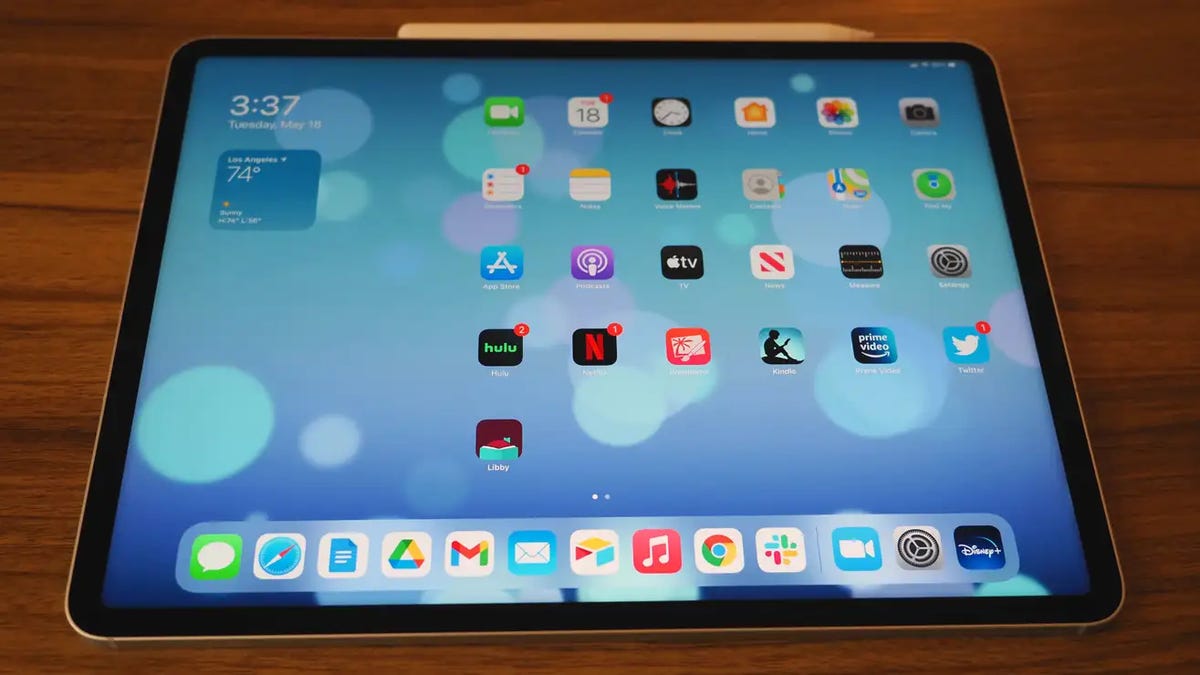US Supports Lifting Patent Restrictions on Covid-19 Vaccines


After weeks of back-and-forth discussions within the Biden administration, the U.S. is now preparing to back the temporary waiving of patent rights over covid-19 vaccines—a policy that advocates say is needed to speed up the production and acquisition of vaccines for developing countries. As part of its support, the US is expected to work with the World Trade Organization to negotiate the language of these waivers.
Since last October, more than 50 countries and several human rights organizations like Amnesty International have been pleading with the WTO to enact a waiver of its Trade-Related Aspects of Intellectual Property Rights Agreement (TRIPS) that would effectively suspend the protection of intellectual property for covid-19 treatments during the pandemic, including vaccines. This TRIPS waiver would then allow these countries to produce or purchase vaccines at a much lower cost. But the pharmaceutical industry, supported by the U.S. and other wealthy countries (as well as a certain powerful divorcee), has fiercely opposed the move and the WTO has so far declined to grant such a waiver.
Following the latest refusal by the WTO in March 2021, though, a wellspring of political and grassroots support for the waivers has since emerged. Leaders in the U.S., such as Senator Bernie Senators, have called for the federal government to change its mind before the next general meeting by the WTO this month, while polls have shown that the U.S. general public is supportive of these waivers as well. The issue has also gained more attention in the midst of renewed outbreaks throughout the world, particularly India, which is now experiencing millions of cases a week along with too many deaths to be counted accurately.
Recent reporting had indicated that the Biden administration was possibly close to changing its mind. But comments this week from Anthony Fauci, the long-time public health official and Biden’s current chief medical advisor, suggested otherwise. On Wednesday afternoon, Ambassador Katherine Tai, the current United States Trade Representative, finally answered the burning question.
“The US supports the waiver of IP protections on covid-19 vaccines to help end the pandemic and we’ll actively participate in WTO negotiations to make that happen,” Tai wrote on Twitter Wednesday, along with providing a formal statement.
G/O Media may get a commission
It’s still possible that the WTO may not decide to lift the patent restrictions, if unlikely, given the prominence of the U.S. as a trading partner. Earlier today, WTO chief Ngozi Okonjo-Iweala stated that countries should quickly work out the best way to grant these waivers, following a closed-door meeting of ambassadors from developed and developing nations.
While public health experts and advocates have argued that waiving these patent rights is critical to helping poorer nations secure vaccines faster, they also acknowledge that it will have to be the first step of many.
At the very least, countries expected to produce these vaccines will need an ample supply of raw materials to scale up their manufacturing, along with technical advice, since some of the vaccines are dependent on relatively new technologies. This process also won’t bring immediate relief to the most vulnerable nations currently, since it will take time before mass production is possible.
That said, at least some experts involved in vaccine-making have said that production in modern factories could be ready to go in four to six months. And given that the current timetable for vaccinating the world against covid-19 is somewhere between 2023 to 2024, waiving these patents should make for a major improvement.
Source link





